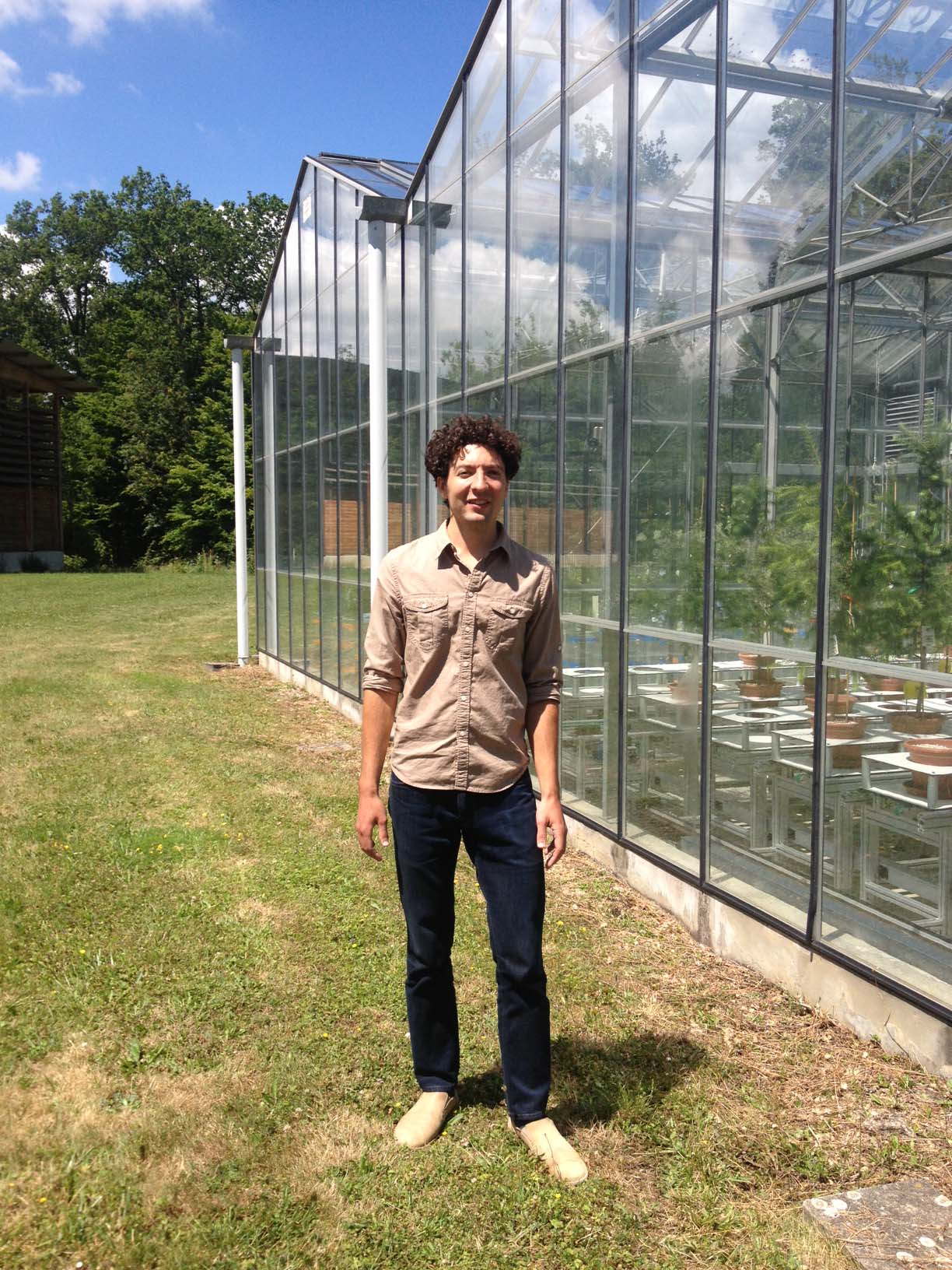 Peter Oviatt is a doctoral student in the program History, Anthropology, and Science & Technology Studies (HASTS), at the Massachusetts Institute of Technology (MIT). He studies the interactions of fungi, plants and people, typically in soils of high human impact. Whether found in urban gardens, truffle orchards or vast swaths of industrial monocultures, his area of focus is the rhizosphere: the vital underground where roots meet fungi. Peter investigates the formation of knowledge and shifting perceptions of soil-dwelling fungi and their symbionts. He pays close attention to scientific and non-scientific collaborations, particularly where applications of such knowledge impact societies, livelihoods and landscapes.
Peter Oviatt is a doctoral student in the program History, Anthropology, and Science & Technology Studies (HASTS), at the Massachusetts Institute of Technology (MIT). He studies the interactions of fungi, plants and people, typically in soils of high human impact. Whether found in urban gardens, truffle orchards or vast swaths of industrial monocultures, his area of focus is the rhizosphere: the vital underground where roots meet fungi. Peter investigates the formation of knowledge and shifting perceptions of soil-dwelling fungi and their symbionts. He pays close attention to scientific and non-scientific collaborations, particularly where applications of such knowledge impact societies, livelihoods and landscapes.
His central subject is mycorrhiza, a symbiosis between filamentous fungi and the roots of most terrestrial plants. With the management of mycorrhizal fungi that act as plant fertilizers, soil “remediators,” or producers of edible mushrooms, a mycorrhiza economy has taken shape whose complexities demand investigation. Similarly, with expanding interest in functional fungi, the ways in which various publics perceive and interact with landscapes, microbes, and soils continue to change. Through this work with mycorrhiza, Peter hopes to shed new empirical light on topics as diverse as agro-ecology, land use, and environmental perceptions writ large.
Peter earned an MA in Politics from The New School for Social Research in New York. He is currently working towards his PhD at MIT — Massachusetts Institute of Technology.
Peter spent three weeks at the INRA Nancy-Lorraine center this summer to work with Labex ARBRE researchers in the Tree-Microbe Interactions Joint Research Unit (IAM) including François Le Tacon, Francis Martin, and Claude Murat. As he is still in the preliminary stage of his dissertation research, his current aim is to meet with many different researchers and gain a deeper understanding of their work, its influences and the broader network.
Peter was kind enough to talk with us recently about his science and his path as a researcher. To read the full interview, please follow this link —
ARBRE Interview — Peter Oviatt


